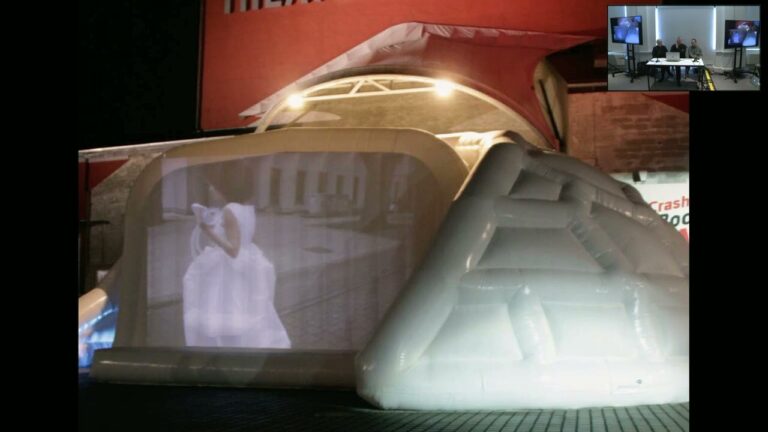
The AA’s Taught Postgraduate programmes will hold three public debates on their collective and individual research methods in the Lecture Hall during Open Week, in lunchtime sessions on Tuesday 7, Wednesday 8 and Thursday 9 February from 1–2pm GMT. The sessions are open for everyone within the school to attend.
Like Descartes, we live and conduct our research in a world undergoing a paradigm shift. The way in which we approach design within the AA invokes a chain of reasoning that brings together intuition, deduction and logic, and enumeration of the object of enquiry. Design research is integral to our academic community and is driven by a shared concern for the betterment of society and our relations to the natural world. This is a unique class of enquiry that includes integrated knowledge from the natural and cultural sciences and concludes with an expository design (conceptual, physical or computationally simulated) that requires evaluation.
The debates will focus on the intersection of each Taught Postgraduate programme’s methods, considering how these methods contribute to, construct or constrain generative processes of design; what they contribute to knowledge in architecture; and what impact they have on society.
Each session will begin with a short presentation reflecting on methods, made by the debating team of staff and students from each programme; following this, we will debate with and against each other. The debates will be moderated by Michael Weinstock, and will be recorded and made available to the school community to watch later.
THIS SESSION:
Spatial Performance and Design (AAIS)
Debate Team: Angyris Angeli, Theo Lorenz
Spatial performance is the sociopolitical effect of design and performance. AAIS explores alternative forms of collaboration between multiple creative professions through research, design, implementation and production, leading to genre-defying spatial performances and constructions.
History and Critical Thinking
Debate Team: Marina Lathouri, William Orr, John Palmesino
Through seminars, debates, group readings and writings, HCT creates a framework to think critically about architecture as entangled within a set of situated practices, reflecting on the role of history and the accountability of research, and writing contemporary transformations of inhabited spaces.
source